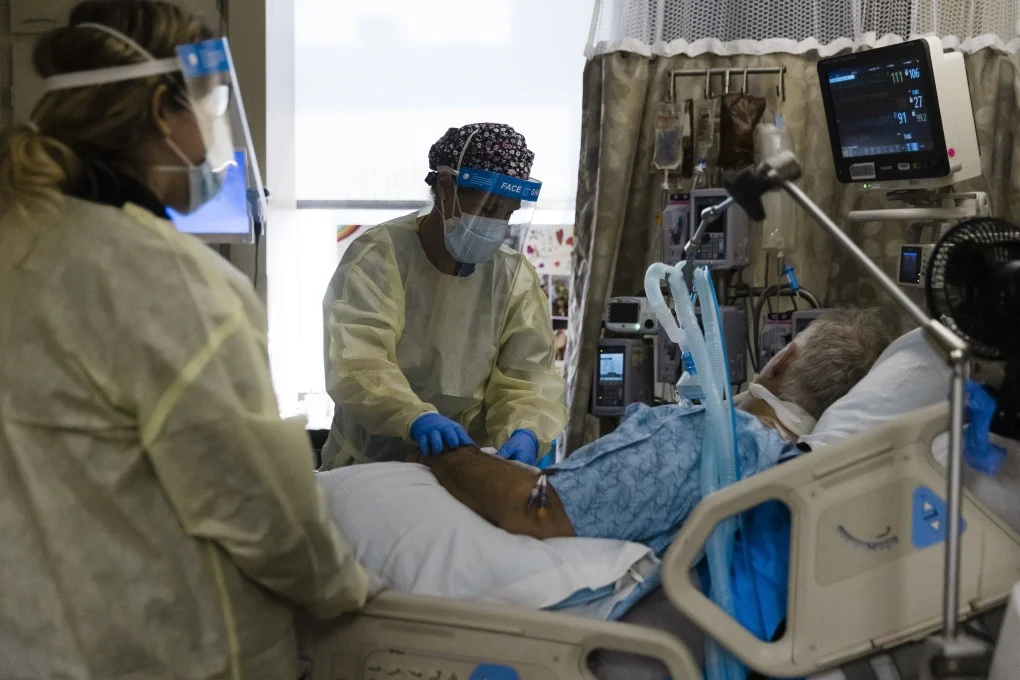
Introduction
The Eatonville Care Centre in Etobicoke faced one of the most devastating COVID-19 outbreaks in the early stages of the pandemic. With 247 cases and 42 fatalities, the situation underscored the vulnerabilities in long-term care (LTC) facilities. On July 7, 2020, Eatonville declared its outbreak officially over, marking a significant milestone in its recovery. This article examines the timeline of events, measures implemented, and the lessons that can shape the future of long-term care in Canada.
The Timeline of the Eatonville Outbreak
Early Signs and Escalation
The outbreak began in early 2020, as COVID-19 cases surged across Ontario. Eatonville Care Centre quickly became a hotspot, with cases spreading rapidly among residents and staff. The vulnerabilities included limited personal protective equipment (PPE), inadequate infection control measures, and overcrowded living conditions.
Military Intervention
In response to the escalating crisis, the Canadian Armed Forces were deployed to assist in controlling the outbreak. Their presence was crucial in addressing critical staffing shortages and implementing infection prevention protocols.
Resolution and Recovery
By July 7, 2020, all cases among residents and staff were resolved. The announcement marked the end of a months-long battle that had left a profound impact on residents, families, and caregivers.
Key Measures Implemented
Enhanced Infection Prevention and Control (IPAC)
Eatonville adopted stringent IPAC measures, including:
- PPE Requirements: Mandatory use of masks, gloves, and gowns for all staff.
- Daily Screenings: Regular temperature checks and symptom assessments for residents and staff.
- Disinfection Protocols: Increased frequency of cleaning high-touch surfaces and shared spaces.
Staff Training and Support
Comprehensive training sessions were conducted to educate staff on proper infection control practices. Emotional and logistical support for caregivers was prioritized to maintain morale during the crisis.
Visitor Guidelines
While the Ontario government eased restrictions to allow outdoor visits, strict protocols remained in place to minimize exposure. Visitors were required to adhere to social distancing and wear masks during interactions.
Lessons Learned
The Importance of Preparedness
The outbreak highlighted the need for LTC facilities to maintain robust emergency response plans. Stockpiling PPE, enhancing staff training, and improving infrastructure are essential steps to mitigate future risks.
Transparency and Communication
Frequent updates from Eatonville’s management helped keep families informed and reassured during the outbreak. Open communication channels between health authorities and LTC homes are vital for coordinated responses.
Support for Long-Term Care Workers
The mental and physical toll on staff was immense. Ensuring adequate staffing levels, providing hazard pay, and offering mental health resources are critical to sustaining a resilient workforce.
Recommendations for the Future
Strengthening Long-Term Care Policies
The Ontario government must take proactive steps to reform LTC systems, including:
- Increasing Funding: Allocating resources to modernize facilities and reduce resident-to-staff ratios.
- Improving Oversight: Establishing rigorous inspection processes to ensure compliance with health standards.
- Promoting Innovation: Leveraging technology such as telemedicine and automated infection monitoring systems.
Community and Family Engagement
Encouraging family involvement in care planning and decision-making can enhance the quality of life for residents. Programs to train family members in basic caregiving can also alleviate the burden on staff.
Addressing Systemic Challenges
Long-term solutions must tackle broader issues such as healthcare inequities and the aging population. Collaborative efforts between government, healthcare providers, and community organizations are essential to create sustainable improvements.
Conclusion
The COVID-19 outbreak at Eatonville Care Centre was a tragic chapter in the pandemic, but it also served as a wake-up call for the long-term care sector. By learning from these experiences and implementing systemic reforms, we can build a future where LTC facilities are safer, more resilient, and better equipped to protect their vulnerable residents.
